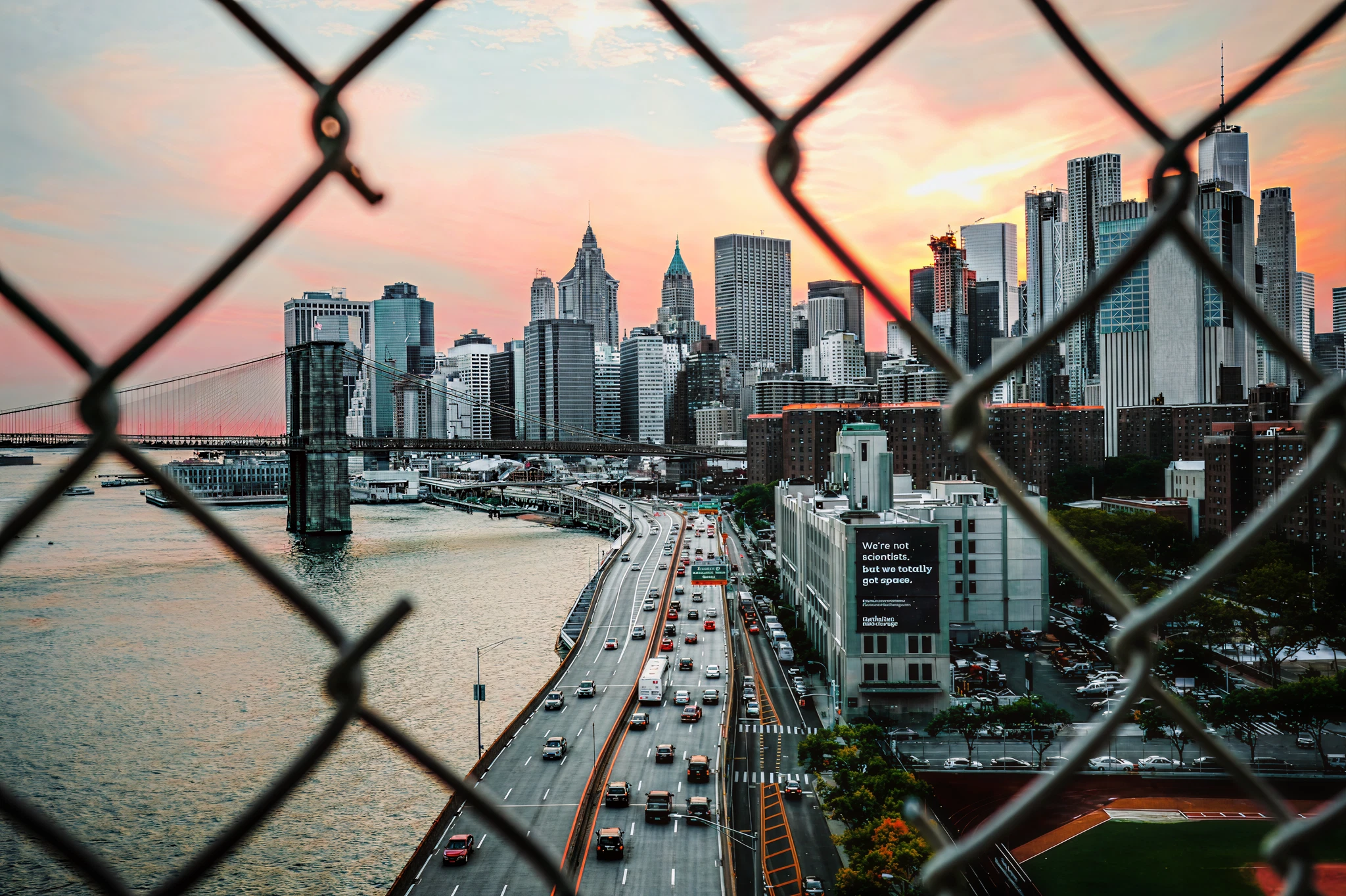Disclaimer: Although we base all of our reviews on both our product testing and that of other customer reviews. That being said, this website contains affiliate links for products we talk about. You don’t pay any more for any products you purchase by clicking on links but we might receive a small commission for our recommendation to those products we link to.
When the term “wilderness skills” is brought up, many urban dwellers might shrug it off, believing these skills are exclusively for remote, outdoor adventures. The truth? These very skills can be lifesavers in urban survival scenarios too.
Sure, you might not imagine starting a fire with a bow drill on your balcony or building a makeshift water filter from sand in the middle of downtown, but emergencies like urban disasters can often blur the lines between city and wilderness.
Here’s a breakdown of critical wilderness skills and how they’re just as essential in the city.
Mastering the Art of Starting a Fire
The ability to start a fire is fundamental to survival. You might think, “I’ve got three lighters; I’m good,” but those lighters may fail, get lost, or run out of fuel. Learning alternative fire-starting methods can ensure you’re prepared:
- Flint and Steel sparks.
- Lens Method using sunlight through magnifying glasses or glasses lenses.
- Bow Drill for friction-based fire.
- Fire Plough, an effective primitive option.
Fire isn’t just about creating warmth or light. Proper sites, safe management, and knowing which materials make the best tinder or kindling are critical elements to master. Urban scenarios may not call for campfires, but you might need this skill for improvised heating or sterilizing water.
Purifying Water for Survival
Water purification is key in both wilderness and urban settings, especially during a disaster when utilities fail. Whether it’s collecting water from a natural river or a suspicious urban puddle, making it drinkable is non-negotiable:
- Portable purifiers (e.g., LifeStraw).
- Water purification tablets.
- DIY filtration systems using charcoal, grass, sand, and pebbles.
Urban survival might involve grabbing water from a compromised source, emphasizing the importance of purifying it. Knowing these methods could mean the difference between staying hydrated and falling ill.
The Importance of Medical Skills
When emergencies strike, professional medical help may not be readily available. Having basic first-aid knowledge can be a game-changer:
- Cleaning and suturing wounds to prevent infection.
- Applying pressure bandages and securing splints.
- Performing chest compressions and CPR.
Consider investing in a resource like The Survival Medicine Handbook, which provides detailed, practical guidance. These skills ensure that you aren’t caught unprepared when medical support is inaccessible.
Prioritizing Self-Defense
You may not find wild animals prowling the streets, but urban environments involve other threats. Learning self-defense is crucial for personal safety:
- Basics of hand-to-hand combat, which can be easily learned in local classes.
- Mastery of martial arts like Krav Maga for more advanced preparation.
Self-defense classes offer actionable, muscle-memory techniques, emphasizing reactions and awareness, which are often more important than brute strength.
Sharpening Shooting Skills

Many survivalists consider firearms an important layer of security. For urban survival:
- Handguns are often better suited due to their portability and ease of use in confined spaces.
- Courses on responsible gun use teach you how to draw and aim quickly and accurately.
Whether you’re using firearms or exploring non-lethal options, hands-on training is invaluable in learning weapon safety and accuracy.
Communication During a Crisis
When disasters hit, traditional communications may break down. Phones and internet connections can become inaccessible. Alternatives like radio communication are crucial:
- Long-range CB radios and satellite phones are reliable options.
- For a higher level of preparedness, consider investing in and learning how to use a ham radio (don’t forget to obtain a license).
These options ensure you stay connected with loved ones or rescue services, even in a communications blackout.
Developing Mental Resilience for Survival
Thriving during a disaster isn’t just about physical preparedness; your mental state is just as crucial. Urban survival scenarios can be mentally taxing:
- Practice controlled drills to keep calm during high-stress situations.
- Visualize hazardous scenarios and rehearse possible responses.
- Work on staying composed emotionally and mentally flexible to deal with trauma and loss.
The psychological toll of disasters is often underestimated. Preparing mentally ensures you don’t freeze or experience burnout in prolonged crises.
Foraging for Wild Edibles in the City
Often associated with wilderness survival, the ability to find and identify wild edibles is surprisingly useful in urban settings where food supplies might run dry:
- Learn about common urban wild edibles like dandelions, clovers, and plantains.
- Master the universal edibility test to avoid poisoning yourself in a survival situation.
If your food stash depletes and stores are inaccessible, this skill might make a key difference in getting through a crisis.
Why You Need to Learn Now
Urban environments might feel far removed from the wild, but disaster can strip away modern conveniences in moments. From power outages to natural disasters, these scenarios push urban dwellers into survival situations that eerily resemble wilderness crises. Knowing how to build fire, purify water, perform first aid, or defend yourself are practical skills that go beyond just the outdoors.
Start by asking yourself, “What is the most likely disaster I might face?” and “How could I prepare for it today?”
For further guidance on preparing for a variety of disasters, consider exploring detailed resources to help round out your survival readiness. Taking action now ensures you’ll have what it takes to handle whatever challenges arise.


0 responses to “Urban Survival Skills and Wilderness Techniques That Could Save Lives”